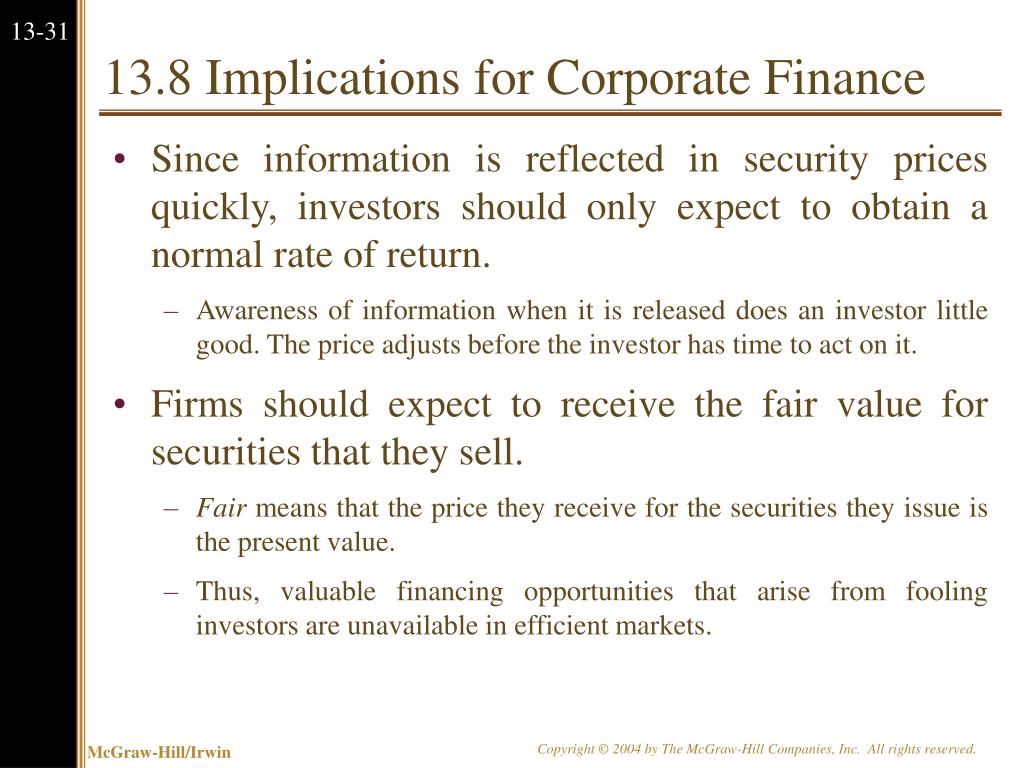Table of ContentsThe What Is Bond Indenture In Finance PDFs
A financier would be indifferent investing in the corporate bond or the government bond given that both would return $100. Nevertheless, picture a little while later, that the economy has deviated for the even worse and rates of interest dropped to 5%. Now, the investor can only receive $50 from the federal government bond, however would still receive $100 from the corporate bond.
So, investors in the market will bid approximately the rate of the bond till it trades at a premium that matches the dominating interest rate environmentin this case, the bond will trade at a price of $2,000 so that the $100 coupon represents 5%. Also, if rates of interest soared to 15%, then an investor might make $150 from the government bond and would not pay $1,000 to make simply $100. Similar to traditional loans, bonds likewise pay interest to its lending institutions, depending upon the particular terms of each bond. Although bonds are a type of loan, they are structured a little in a different way than, for example, a consumer loan. While you most likely make monthly payments to repay https://www.openlearning.com/u/nelia-qgavk4/blog/7EasyFactsAboutWhatFinanceDerivativeExplained/ your consumer loan, a loaning bond issuer normally repays the entire principal balance in full Other loan providers typically are "big" gamers such as banks and other financial organizations.
Federal governments have issued bonds as early as 1812, when the City of New York needed money for a canal and released bonds to raise the funds. But "government" is not limited to cities; even the federal government got on the bond bandwagon in 1935, when it initially released perhaps the most familiar type of bond U.S (why does spectre finance terrorism in james bond).

Outside the federal government realm, Bondholders are investors who purchase bonds However "hold" is a relative term in today's electronic age - which of these is an element of a bond personal finance. Many bond issuers do not really issue paper bonds that a financier can actually hold, however rather they provide bonds electronically, for investors to hold essentially. Financiers can acquire, manage and redeem their bonds online without leaving their office or homes.
For instance, a city (the conduit company) might provide bonds for a hospital (the channel customer). There's a measure of threat for investors with conduit financing due to the fact that if the bond defaults, the conduit issuer is normally off the hook to guarantee the bond. Various kinds of bond cover a varied spectrum in the bond market that consists of customers as big as the federal government to a small local school district.

At the federal level, a federal government bond is called a "sovereign" debt, which is moneyed by taxes or government-printed currency. Sovereign debt is divided into classes, according to when each financial obligation security matures. Bonds consist of, which develop in less than one year;, which develop in between one and 10 years; and, which develop in more than ten years.
Typically called "munis," or "city bonds" if the releasing government is a city, these bonds may likewise be released by government companies. Compared to federal bonds, municipal bonds usually carry a greater investing risk (what does a bond can be called finance). Although it's uncommon, cities in some cases declare bankruptcy and default on their financial obligation responsibilities. On the up side, nevertheless, community bonds are typically exempt from federal tax and frequently exempt from state tax, too.